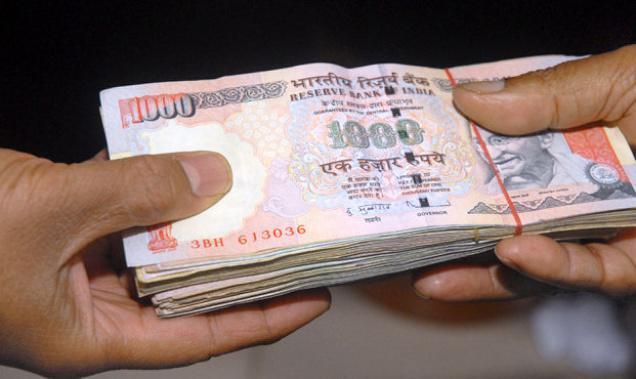Search
What Exactly Does an RBI Governor Do?
February 27, 2017
We hardly ever heard anything about the RBI Governor till Raghuram Rajan’s high-profile appointment in 2013. With Raghuram Rajan, suddenly news about the RBI Governor, their appointment and the expectations from them became front page news. Equally high-profile was Rajan’s end of tenure and the fact that his term wasn’t extended.
So what exactly is the role of this almost invisible, yet high profile job?
Background
The Reserve Bank of India is the supreme monetary and banking authority in the country and has the responsibility to control the banking system in the country. All different types of banks are governed by the Reserve Bank of India (RBI), which is the apex regulatory authority for all banking business in India.
Founded in 1935, the Preamble of the RBI describes its basic functions to regulate the issue of bank notes, keep reserves to secure monetary stability in India, and generally to operate the currency and credit system in the best interests of the country.The first RBI Governor was Osborne Smith.
The first Indian to hold the post of the Governor of RBI was C.D. Deshmukh. In fact, Deshmukh is also the person who was in the position for the longest period – 5 years and 323 days (From 11th August 1943 to 30th June, 1949.
Fun Fact: The RBI Governor’s signature is there on all bank notes. Chances are that your parents may have also used bank notes with Deshmukh’s signature!
Role of the RBI and the RBI Governor in the Financial System of India
Amongst the most important functions of the RBI is the issuance of bank notes. Only the RBI has the right to issue currency in the country. In fact, post-demonetisation, when there was a severe cash crunch being experienced by the common man; it was the RBI that shared equal blame as the government for not having handled the situation efficiently.
Fun Fact: Manmohan Singh was the Governor of the RBI for over 2 years (from 16th September 1982 to 14th January 1985) and it is very likely that you have used the bank notes with his autograph!
In addition to issuing currency, the RBI is the banker of the government, custodian of foreign exchange, central clearance agency for all banks in the country and also lender of the last resort for banks. It also issues licenses for new private banks.
Two other key and impactful jobs of the RBI are
- Regulating the market by controlling interest rates
- Promoting development by guiding and monitoring lending to units in designated priority sectors.
The Governor of RBI is the CEO of this highly critical organisation. The governor, in effect, directs the entire financial performance of the country during their tenure.Usually leading economists are selected for this position. The Governor of the RBI is supported by 4 Deputy Governors.
RBI Governor Tenure
Appointed for a term of 5 years or less, the RBI Governor is nominated by the Central Government under section 8 of the Reserve Bank of India Act. He/she is also eligible for reappointment or extension of term. The final approval is done by Prime Minister on recommendation of Finance Minister. Being the appointing authority, the Central Government also has the power to remove the Governor from his/her position.
As per Indian Law, there are no stipulations with regards to the academic and/or professional qualifications of RBI Governor. In fact, as suggested by some of the previous appointments, one does not even need to have an economics or finance background.



